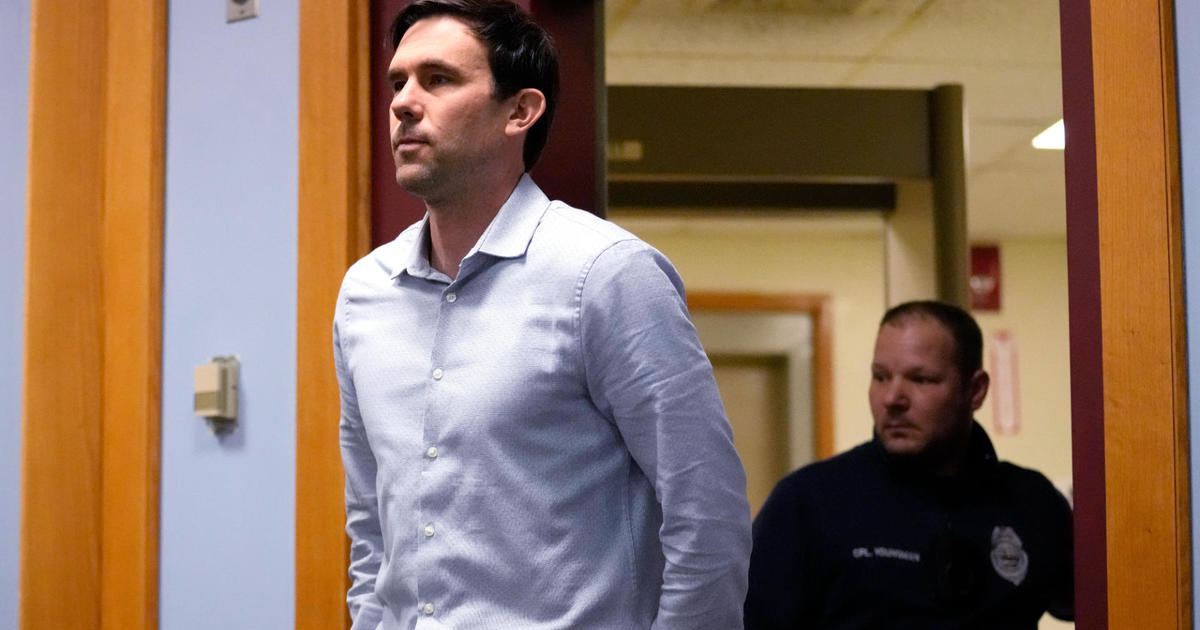Court refines instructions in insanity cases

The state's highest court on Monday ordered a new trial for a woman convicted of beating an acquaintance to death with a cinder block, finding that a judge improperly instructed the jury about the woman's consumption of alcohol and her claim that she was legally insane at the time of the killing.
The Supreme Judicial Court found that jury instructions given by the judge at the trial of Sheila Berry "created a substantial likelihood of a miscarriage of justice." The court overturned Berry's first-degree murder conviction. Berry was convicted in the 2002 death of Admilson Goncalves, an acquaintance who tried to calm Berry after she got into a heated exchange with another man outside a neighborhood market in Brockton. Berry took Goncalves' bicycle, and after he got it back from her, witnesses saw her repeatedly hit him in the head with a cinder block.
During her trial, Berry's defense was that she lacked criminal responsibility for her actions because of a head injury she received at the age of 14, several psychiatric hospitalizations, substance abuse and a brain tumor. Five expert witnesses testified that Berry had bipolar disorder, and three of them said she also suffered from a mental disorder characterized by hallucinations and delusions.
The jury found her guilty of first-degree murder on the theory of extreme atrocity or cruelty. The judge based his jury instructions on earlier SJC rulings concerning the combination of a mental disease and the voluntary consumption of alcohol or drugs. But the court found that when applied to Berry's case, the model jury instruction was not clear and "did not properly instruct the jurors."
The court said evidence in the trial suggested that not only did Berry have an active mental disease that the jury could have determined caused her to lack the capacity to appreciate the wrongfulness of her actions, but also that she had consumed alcohol that aggravated her inability to know what she was doing was wrong.
"Where only the model instruction was given, the jury could have believed that, even where a defendant lacked the substantial capacity to conform her conduct to the law as a result of her mental disease or defect, that defense would be defeated by the voluntary consumption of any alcohol that exacerbated her condition," Justice Francis Spina wrote for the court in the unanimous ruling. The court wrote a new jury instruction to be used in future homicide cases where there is evidence a defendant had mental illness and consumed drugs or alcohol.
The instruction says that a defendant's lack of criminal responsibility cannot be solely the product of intoxication. But a defendant can be found to lack criminal responsibility if jurors believe she had a mental disease that became activated or intensified by drugs or alcohol and caused her to lose the capacity to appreciate the wrongfulness of her conduct. Berry's lawyer, Eric Brandt, would not comment on the ruling.
A spokeswoman for Plymouth County District Attorney Timothy Cruz declined immediate comment, saying prosecutors were reviewing the ruling.



